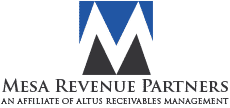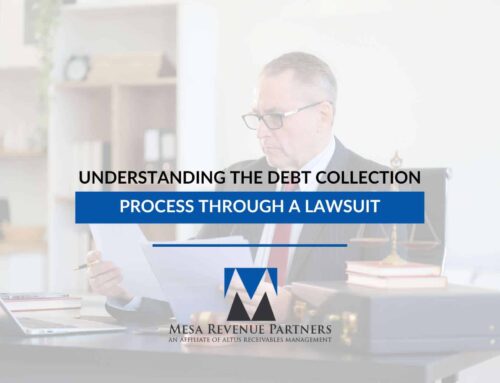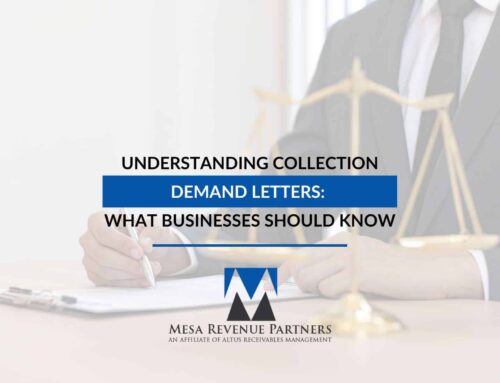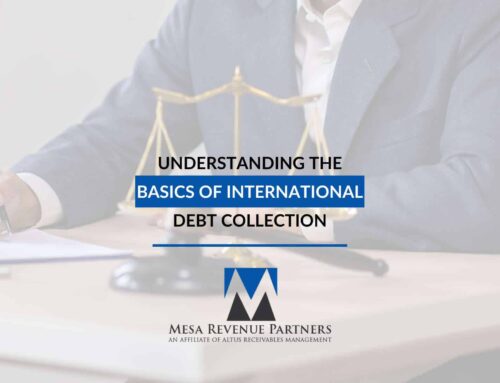Navigating Business Debt Collection Rules & How It Works In Arizona
Commercial collections litigation in Arizona can significantly influence how you can sell a business, especially if you want to manage your business debt wisely. Hence the importance of learning all the details about commercial collections litigation before deciding the best course of action for your business.
When a company decides to change ownership or dissolve, various factors come into play, and financial stability is a top priority. Commercial collections litigation, which involves the legal pursuit of unpaid debts owed to a business, can be a stumbling block in this context.
In this article, we’ll explore how commercial collections litigation affects the sale of a business. We’ll discuss the potential challenges it poses, its impact on the business valuation, and strategies to mitigate the risks associated with outstanding debts.
Understanding these dynamics is crucial to navigating the intricate landscape of business transactions in Arizona.

Understanding The Rules That Govern Collecting Business Debt
Business debt, often known as commercial debt, includes different financial obligations that many companies hold. Credit card debt, loans, credit lines, and utilities are some of them, but assets like equipment or owned property are also part of this list.
In contrast, personal or consumer debt involves individual financial responsibilities like mortgages, student loans, credit cards, and car loans.
Both cases may come from financial institutions or the federal government, with a common repayment requirement. However, there’s a significant distinction between these two: their legal regulations.
The Fair Debt Collection Practices Act (FDCPA) safeguards people from aggressive debt collection tactics but doesn’t extend the same protection to businesses.
Commercial debt collection agencies, however, have more assertive methods for pursuing repayment from businesses. These agencies can seize bank accounts and free assets during the collection process.
Commercial debt collection operates under the guidance of The Commercial Collection Agencies of America (CCAA). The organization’s Code of Ethics sets the standards for its operations, which is why creditors are often advised to work with debt collection agencies affiliated with the CCAA.
Please be aware that states also have specific commercial laws to protect creditors and debtors. The process in Arizona may be completely different in Colorado.
How Is The Commercial Debt Collection Process?
The commercial debt collection process typically follows several stages, each aimed at recovering outstanding debts from a business debtor. Let’s check each of them:
Assessment & Documentation
The process begins with a thorough assessment of the debt. The creditor or debt collection agency reviews the outstanding amount, the terms of the debt, and any relevant documentation like contracts, invoices, and communication records.
Initial Contact
The creditor or collection agency starts communication with the debtor. Initially, this contact is often a demand letter or a phone call. The purpose is to remind the debtor of the outstanding debt and request payment.
Negotiation & Settlement
If the debtor responds, the negotiations can start. Both parties may agree on a repayment plan, a reduced settlement amount, or other mutually acceptable terms. Negotiations for commercial debt collection in Arizona vary depending on each case, especially with businesses.
Legal Action
If negotiations fail and the debt remains unpaid, the creditor may opt for legal action. This could involve filing a lawsuit to obtain a judgment against the debtor.
Judgment & Enforcement
If the court rules in favor of the creditor, a judgment may start. This judgment can appear to enforce debt collection through wage garnishment, bank account seizure, or liens on the debtor’s property.
Asset Recovery
The creditor or collection agency may seize and sell the debtor’s assets to recover the debt. It’s usually the last resort.
Continuous Communication
Throughout the process, communication between the creditor or collection agency and the debtor continues, whether through negotiation, court proceedings, or debt settlement.
Resolution Or Write-Off
Ideally, the process concludes with the debt being fully repaid. If the debtor cannot pay, the debt may be written off as uncollectible, and the creditor may incur a financial loss.
It’s important to note that the specific steps and timelines can vary depending on the laws and regulations governing debt collection in a particular jurisdiction, as well as the terms outlined in the original debt agreement.
Additionally, any commercial collections agency should adhere to ethical practices and guidelines set forth by organizations like The Commercial Collection Agencies of America (CCAA) to ensure a fair and lawful process.
What Steps To Take When Your Business Faces Financial Debt Challenges
When your business encounters financial hardships and struggles to meet its debt obligations, it’s essential to take proactive measures to address the issue. Here are some recommended actions:
- Communicate With Your Creditors: Start contact with your creditors. Work with them to establish a feasible repayment plan that can help you restore your positive standing with them.
- Consult With Your Accountant: Engage the expertise of your accountant. Accountants can provide valuable guidance on restructuring your business and devising a repayment strategy that aligns with your financial capabilities.
- Seek Legal Guidance: Consider seeking legal counsel. An attorney can represent your interests and negotiate repayment terms on your behalf. Their legal expertise can be instrumental in finding a workable solution with your creditors.
How To Get Proper Guidance To Manage Business Debt In Arizona
Business owners don’t have the same debt protection as consumers, meaning that commercial debtors can seize business owners’ assets as repayment for the credits they have.
You must contact a trusted commercial collections agency if you fall behind in your payments. Get in touch with Mesa Revenue Partners today to get started and get the debt freedom your company deserves.
This article was written by Phil Reese, an Arizona business broker with more than 10 years of experience.
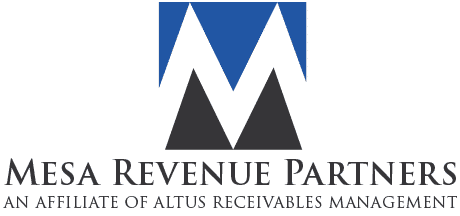
MESA REVENUE PARTNERS
Email: [email protected]
Website: www.mrpcollects.com
Mesa Location
1540 E University Dr #501
Mesa, AZ 85203
Office: 480-968-3181
Gilbert Location
1206 E Warner Rd #203
Gilbert, AZ 85296
Office: 480-389-2288
California Location
639 N Broadway #347
Los Angeles, CA 90012
Office: 213-418-1600
Colorado Location
360 S Garfield St #400
Denver, CO 80209
Office: 303-696-3910
New York Location
245-77 62nd Ave
Little Neck, NY 11362
Office: 917-934-3160
Florida Location
1965 Hilltop Blvd
Jacksonville, FL 32246
Office: 904-560-5160
Michigan Location
9322 Artesian St
Detroit, MI 48228
Office: 313-351-9150
Texas Location
7821 E Magnolia St
Houston, TX 77012
Office: 832-802-7430
Pennsylvania Location
1308 S Carlisle St,
Philadelphia, PA 19146
Office: 215-544-3951
Indiana Location
1128 Wade St
Indianapolis, IN 46203
Office: 463-205-0946
Tennessee Location
323 Highwood Ct,
Knoxville, TN 37920
Office: 615-205-5256
